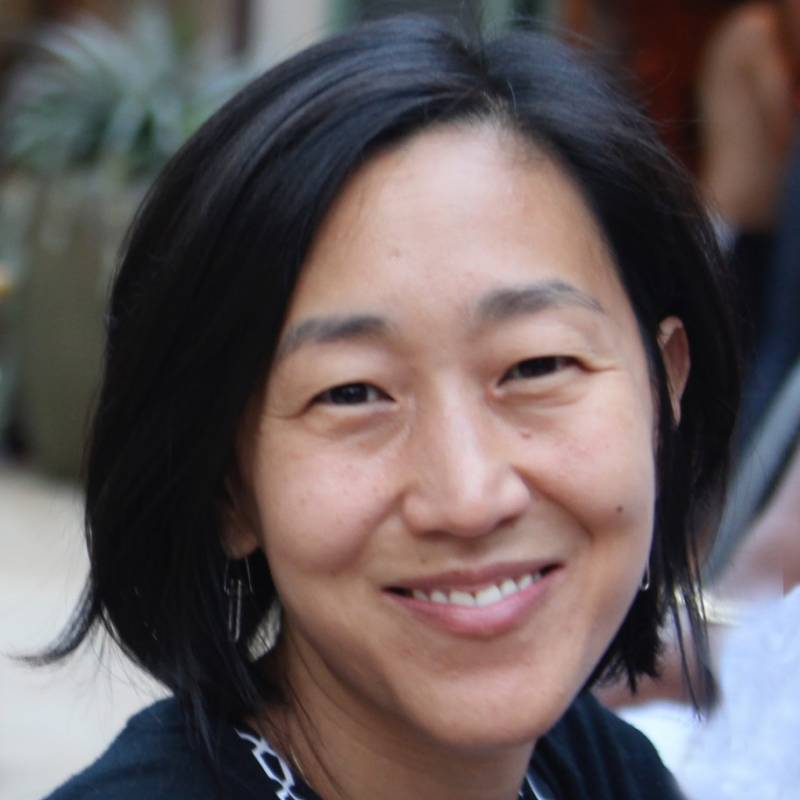Alice Chen says anti-Asian racism has a peculiar bias, one that constantly positions Asian Americans as "other."
They say happiness is good health and a poor memory, perhaps more accurately the ability to gloss over bad memories. As a Chinese American, the recent wave of violence against Asian Americans has surfaced some of those memories.
Growing up in Birmingham, Alabama, when my mother went to enroll me in school, she was asked to select my race: white or colored. Through a brief process of elimination, she checked colored, but the nice white lady corrected her form, exclaiming, “Oh no, you’re not colored!” That encapsulates much of my time in Alabama: as “other,” never quite fitting in, neither Black nor white.
I’ll be honest, I don’t remember much from my elementary school days. If I concentrate I can hear echoes of “ching chong” and “chink” and “jap” accompanied by the pulling of eyes. In middle school I was deemed smart, quiet, mostly invisible, sometimes a curiosity. In high school I remember a friend coming over, expressing shock upon lifting the lid of a big pot to find a whole beef tongue sitting upright. And a more permanent reminder in my high school yearbook, with a caption under my sister’s photo, “How do you blindfold a Chinese person?” Answer: with a piece of dental floss.
I saved a recent email from Berkeley’s school of public health dean Michael Lu for his pithy summary of anti-Asian American racism. He wrote: “We are made fun of for the way we look. The way we drive. What we eat. What we wear. How we speak. How we parent. We are treated like perpetual foreigners no matter how many years or generations we have been in this country. A guest in our own home.”
